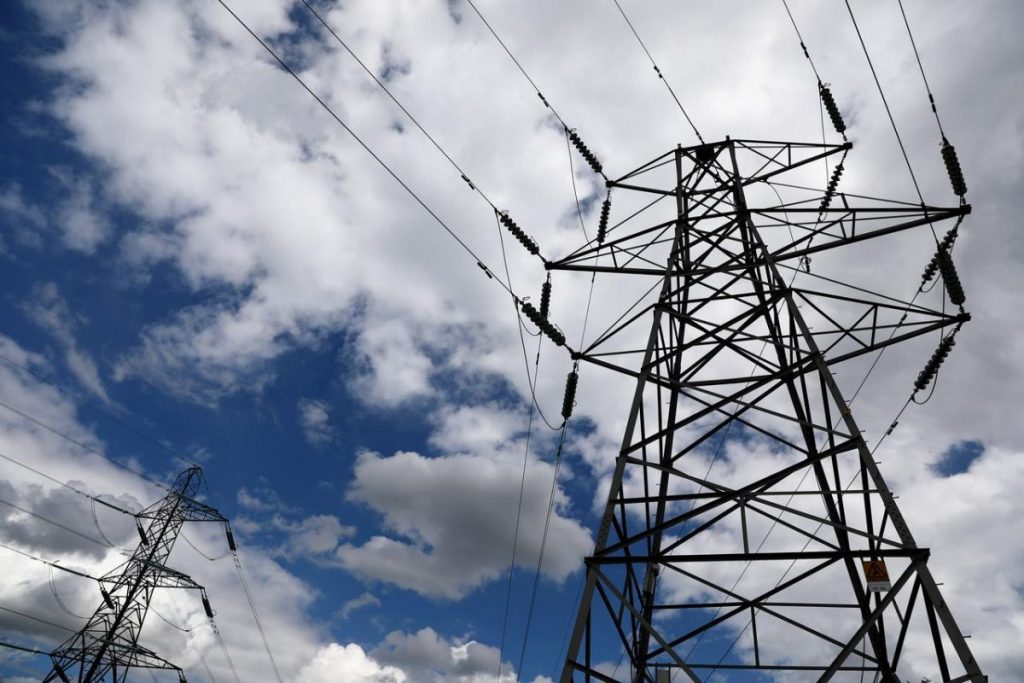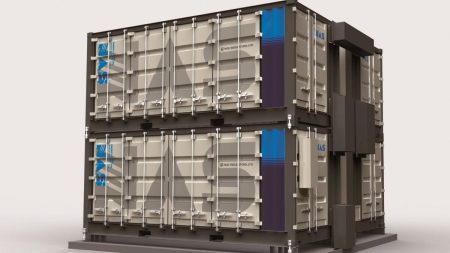
06 November 2015, Lagos — A prominent legal expert has bemoaned Nigerian financial firms’ lack of support of energy projects, noting that it is hindering the provision of stable power supply.
Dolapo Kukoyi, a partner at Detail Commercial Solicitors in Lagos, said liquidity issues in the sector inhibited revenue certainty.
Detail is distinct as Nigeria’s first commercial solicitor firm
Kukoyi said currently, the Nigeria Bulk Electricity Trader and other government entities were not willing to provide the guarantees which investors would still require in the early days whilst liquidity issues of the distribution companies are being resolved.
“The Nigerian National Integrated Power Projects (NIPPs) are a case in question whereby investors will need to be assured of a cost reflective tariff and revenue certainty. This remains a gap which will need to be deliberated between the Nigerian government, commercial banks, development finance institutions and private investors to come up with creative solutions,” said Kukoyi.
She said another limitation that hinders the bankability of power projects was the untested operationalisation of the sector industry agreements.
The sector industry agreements, she said, had been executed pre-privatization with the incumbent management of the privatised Power Holding Company of Nigeria generation and distribution companies.
The contracts (Power Purchase Agreements, Vesting Contracts, Gas Supply Agreements and Gas Transportation Agreements) were however, neither effective nor operational.
“There is therefore no track record to show how the contracts actually work. This is crucial in order to achieve revenue certainty in the market for lenders and investors in the Distribution Companies and new on-grid generation projects,” said Kukoyi.
With a population of more than 173 million people, Nigeria is one of the most populated countries in Africa but only about 40 percent of the people are connected to the energy grid. It is believed people who have power experience difficulties around 60 percent of the time.



